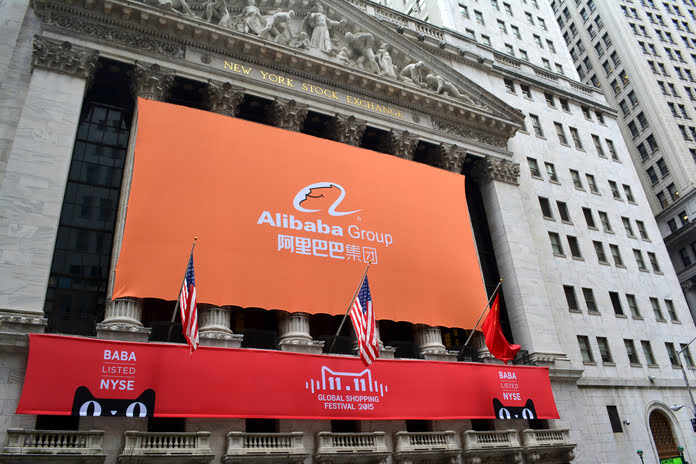Alibaba Group Holding Ltd. (NYSE:BABA) and Tencent Holdings Ltd. (OTC:TCEHY) exemplified China’s economic miracle for over a decade, sustaining a dizzying rate of growth and reaching values of one trillion dollars with incursions into every area of the internet. On Thursday, the e-commerce powerhouse established by Jack Ma is anticipated to report its first-ever quarterly revenue decline, making it one of the few significant Chinese internet businesses to have ever done so. Social media powerhouse Tencent (OTC:TCEHY), owned by fellow billionaire Pony Ma, could follow suit days later.
Alibaba (NYSE:BABA) and its long-standing rival are mere shadows of their former selves following a government crackdown in 2021 that reduced their combined market value by Chinese than $1 trillion. Along with the rest of the country, they face not only an uncertain government but also Covid Zero and a consumer crisis that is challenging the stability of the second largest economy in the world.
Given the lockdowns, it should be no surprise that the second quarter of 2022 will be one of the worst periods for China’s profitability since the epidemic, said Bloomberg Intelligence analyst Marvin Chen. The tech industry has also encountered increased regulatory obstacles, a structural and longer-term trend. Beijing’s swift and ferocious crackdown on online shopping, car-sharing, food delivery, and gambling irreparably altered growth projections for the business in the previous year. However, Alibaba (NYSE:BABA) has been impacted harder than many of its competitors.
There was a tax evasion investigation into the star live streamer Viya, who previously sold $1.2 billion of goods at Alibaba’s November 11 online sale. Then, the nation’s technology watchdog severed connections with its cloud company due to the late disclosure of a critical software flaw, frightening potential customers. Li Jiaqi, often known as “Lipstick King,” disappeared from Alibaba’s Taobao in June after seemingly irritating censors. And just last month, cybersecurity experts connected Alicloud to China’s most significant cybersecurity breach — a release of information on one billion Shanghai residents from the police database.
All of this unfolded as China narrowly avoided economic contraction in the second quarter when total Covid lockdowns reduced spending on online content, clothes, and electronics. Once candidates to join the likes of Apple Inc. and Amazon.com Inc. in the exclusive club of trillion-dollar corporations, China’s most significant internet companies are now battling to keep up with even the most stable utilities. Analysts from Susquehanna to Deutsche Bank hurried to reduce their goals as Alibaba (NYSE:BABA), based in Hangzhou, continued to reach new lows.
Featured Image: Megapixl @Cpenler















